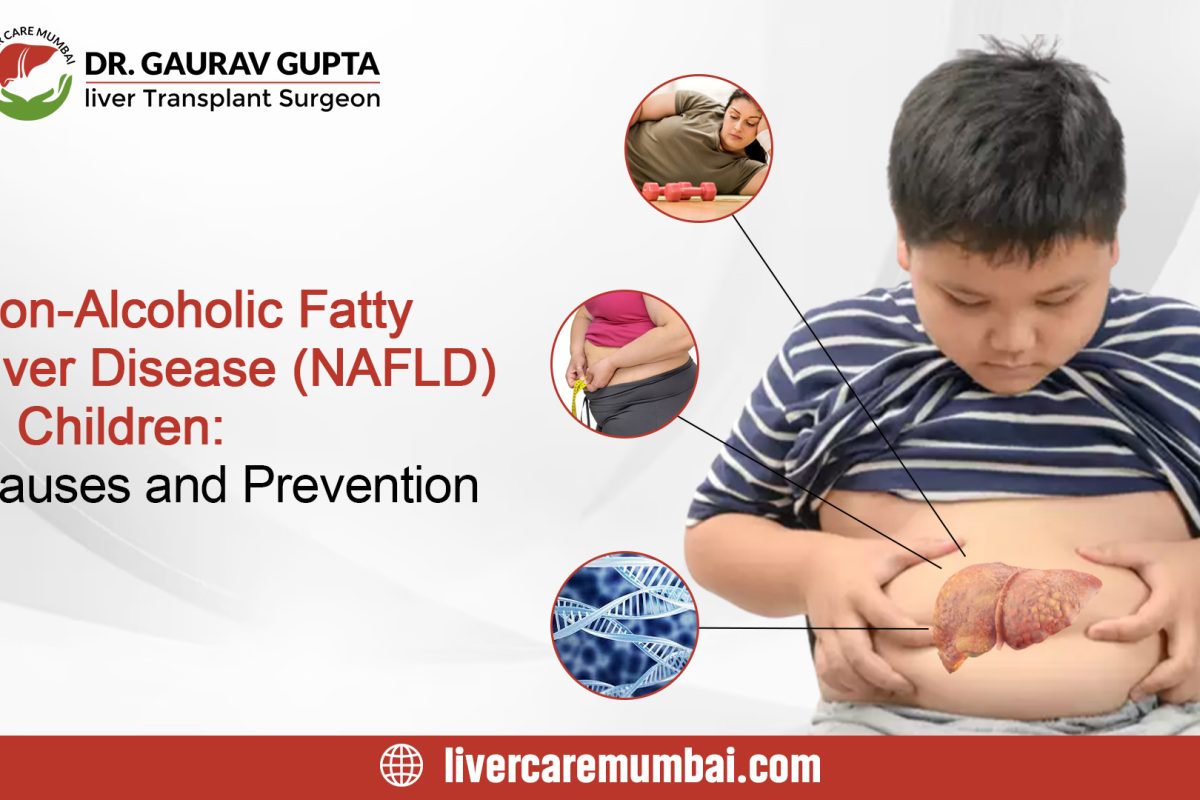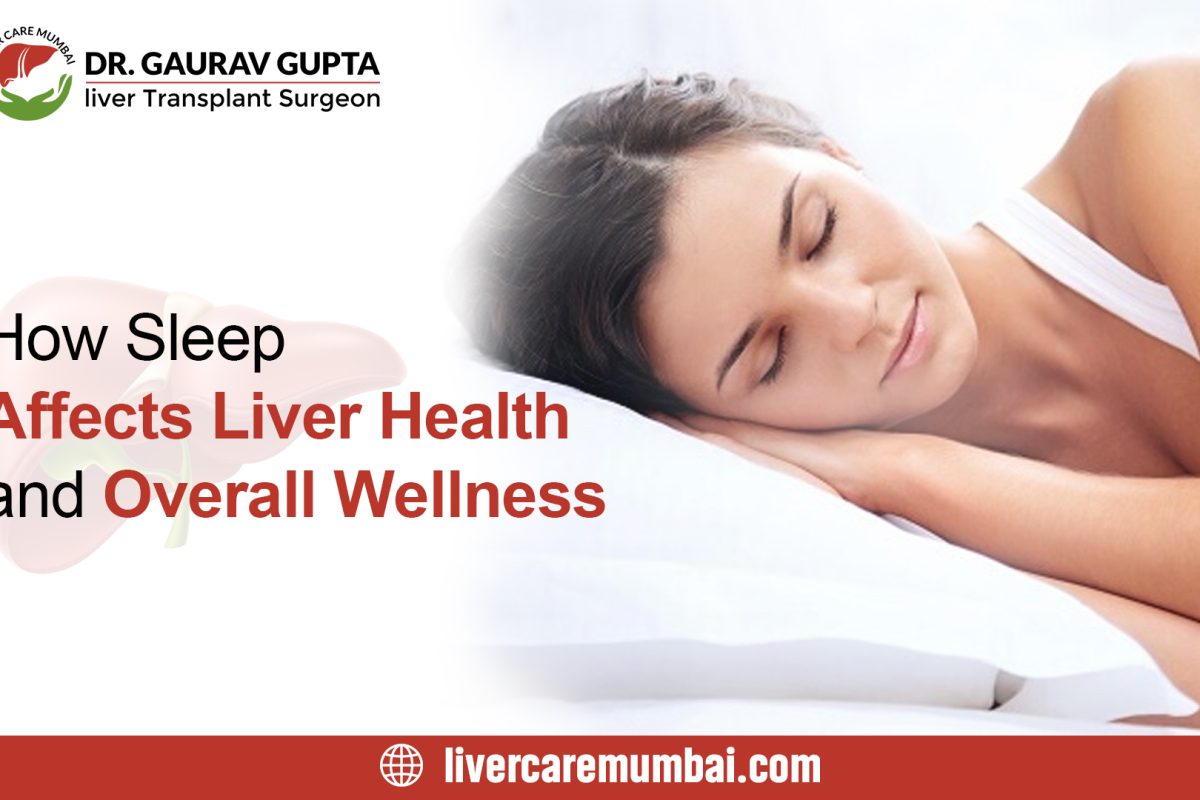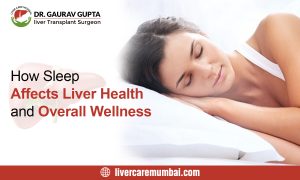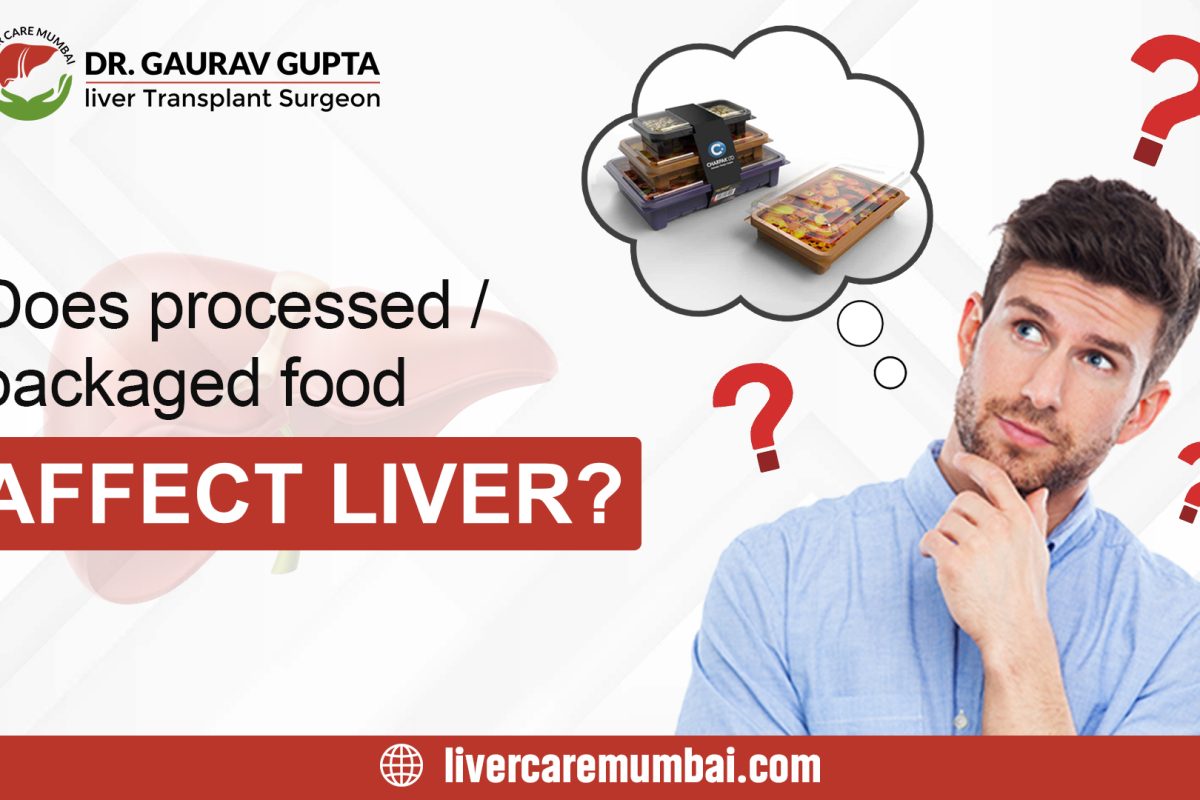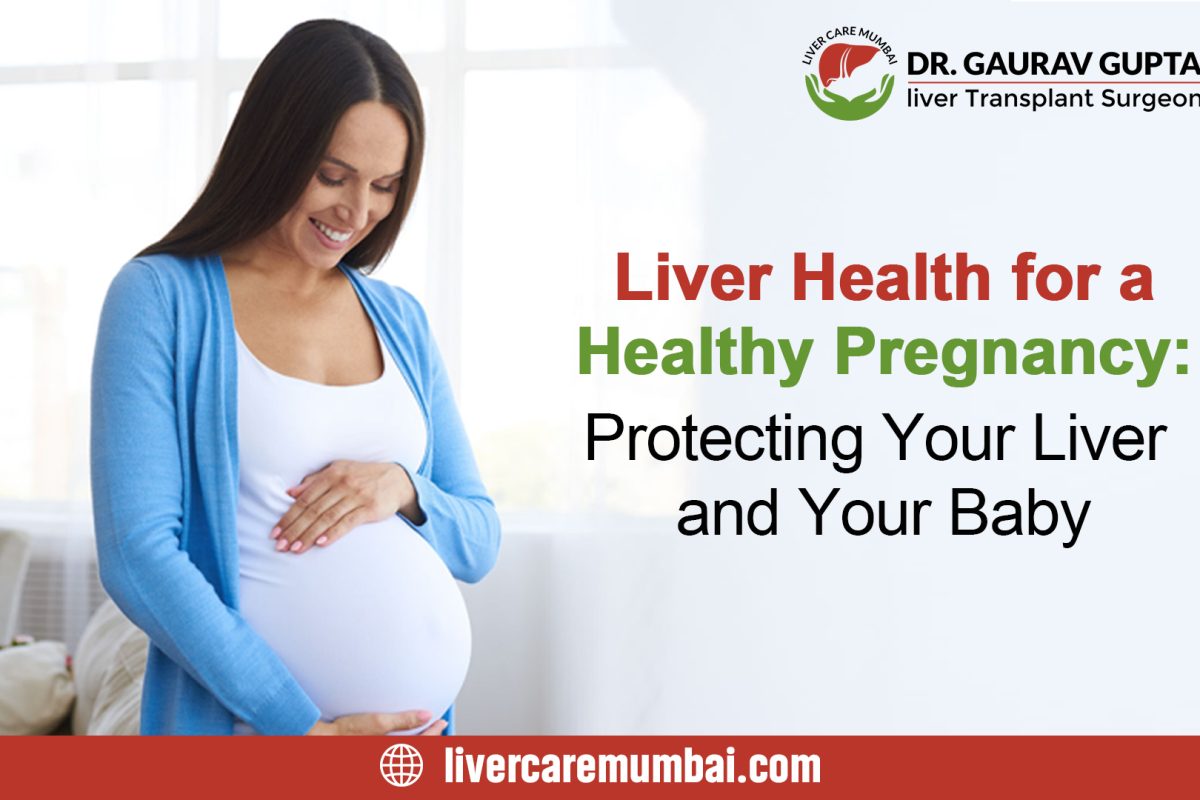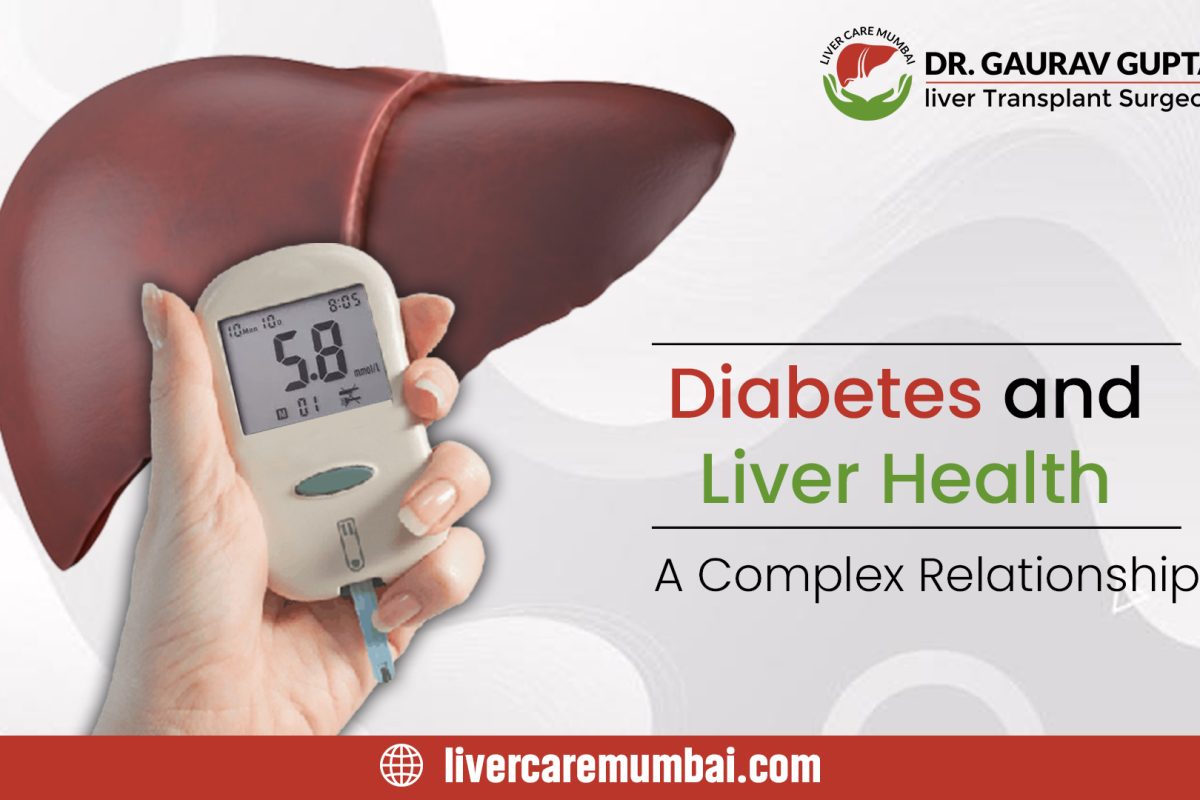Introduction
Non-Alcoholic Fatty Liver Disease (NAFLD) is a growing concern in today’s society, affecting not only adults but also children. Once thought to be an adult-only condition, NAFLD is increasingly being diagnosed in children due to changes in lifestyle and dietary habits. In this blog post, we will delve into the causes of NAFLD in children and discuss effective prevention strategies to ensure the well-being of our younger generation.
Understanding NAFLD in Children
NAFLD is a condition characterized by the accumulation of fat in the liver cells of individuals who consume little to no alcohol. While it’s normal for the liver to contain some fat, excessive accumulation can lead to inflammation and potential damage. In children, NAFLD can progress to more serious conditions, such as non-alcoholic steatohepatitis (NASH) and even cirrhosis if left untreated.
Causes of NAFLD in Children
Dietary Habits: The rise in consumption of high-calorie, processed foods and sugary beverages has contributed significantly to the prevalence of NAFLD in children. Diets rich in refined carbohydrates and added sugars can lead to insulin resistance and fat buildup in the liver.
Lack of Physical Activity: Sedentary lifestyles, with increased screen time and reduced physical activity, play a substantial role in the development of NAFLD. Regular exercise is essential for maintaining a healthy weight and improving metabolic health.
Genetic Predisposition: Genetics can also play a role in a child’s susceptibility to NAFLD. Some children may have a genetic predisposition that makes them more likely to develop the condition, especially when combined with poor lifestyle habits.
Overweight and Obesity: Children who are overweight or obese are at a higher risk of developing NAFLD. Excess body weight, particularly around the abdominal area, increases the likelihood of fat accumulation in the liver.
Insulin Resistance: Insulin resistance, often linked to obesity and unhealthy diets, can contribute to NAFLD. When cells become resistant to insulin, the body produces more insulin, which can lead to fat storage in the liver.
Prevention Strategies
Promote Healthy Eating: Encourage a balanced diet rich in fruits, vegetables, whole grains, lean proteins, and healthy fats. Limit consumption of sugary foods, fast food, and processed snacks.
Limit Sugary Beverages: Encourage water as the primary beverage and limit the intake of sugary drinks like soda and fruit juices, which can contribute to excessive calorie intake.
Encourage Physical Activity: Aim for at least 60 minutes of physical activity daily. Engage children in activities they enjoy, whether it’s playing sports, biking, dancing, or swimming.
Limit Screen Time: Set screen time limits for electronic devices, as excessive screen time is often associated with sedentary behavior and unhealthy eating habits.
Lead by Example: Parents and caregivers play a crucial role in shaping a child’s habits. Adopt a healthy lifestyle as a family to provide consistent support and motivation.
Regular Check-ups: Schedule regular wellness visits with a pediatrician to monitor your child’s growth and development, as well as to detect any early signs of health issues.
Conclusion
Non-Alcoholic Fatty Liver Disease in children is a serious health concern that demands our attention. By understanding its causes and implementing effective prevention strategies, we can empower our children to lead healthier lives and reduce the risk of developing NAFLD. Through a combination of proper nutrition, physical activity, and positive role modeling, we can ensure that our younger generation grows up with a strong foundation for lifelong well-being. You can consult Liver specialist in Mumbai- Dr Gaurav Gupta for more information and treatment.

